Presence in Syria, sanctions against Iran show U.S.' reluctance to accept new order
The United States' meddling in Iran and Syria runs counter to regional aspirations for progress and shows its unwillingness to come to terms with the multipolar realities in the region, say analysts.
Ali Khansari, an international affairs analyst and graduate of regional studies at Allameh Tabataba'i University in Teheran, said various wars, conflicts and economic crises "are all the result of the direct or indirect intervention of the U.S."
"This country has continued its unilateralism through excessive use of force and economic sanctions, and this has caused problems in many countries, such as Iran and Syria," he said.
Months following the breakthrough of the Chinese-brokered Iran-Saudi Arabia rapprochement in March, followed by Syria's reinstatement into the Arab League in May, leaders in the region have vented frustration over the continued interference of U.S. officials in domestic or regional affairs, be it political, economic, or even military.
In his meeting with Alexander Lavrentiev, Russian president's special envoy for Syria, on July 25, Syria's President Bashar al-Assad blamed the U.S. for causing "a state of global instability", Syrian state media SANA reported.
Geir Pedersen, special envoy for Syria at the United Nations, told the UN Security Council on Monday that months of "potentially significant diplomacy" has not yielded any outcomes or political progress for the Syrian people, as the Arab country remains territorially divided, including on various issues and the presence of five foreign armies within Syria.
"This month saw airstrikes attributed to Israel, reports of Turkish drone strikes, reports of pro-government airstrikes north of Aleppo, and the U.S. saying it carried out drone strikes on an Islamic State leader near al-Bab," Pedersen was quoted as saying by Xinhua News Agency.
Jawaid Iqbal, chairman of the Department of West Asian and North African Studies at Aligarh Muslim University in India, said the continued U.S. presence in Syria and sanctions against Iran are "evidence of the U.S.' unwillingness to come to terms with the multipolar realities that are afoot in the Middle East".
'Above unipolar power'
The Saudi-Iranian and Gulf-Syrian reconciliation indicated a new world order in which regional integration and cooperation are placed "above the unipolar power of the U.S.", he said.
"Decades of imperialist 'rules-based order' have made the Arab world realize the significance of regaining their strategic autonomy. (For example), the U.S.-led support for Syrian rebels produced a massive humanitarian crisis, leading to an influx of refugees into neighboring countries and thus straining socioeconomic balance," Iqbal said.
On Sunday, the people of Deir Ezzor, Syria, organized a protest denouncing U.S. occupation and expressed their support for the Syrian government amid reports that U.S. forces and their allied Kurdishled Syrian Democratic Forces are amassing forces to attack government-controlled areas.
In an emergency session in the Syrian parliament on Monday, Prime Minister Hussein Arnous warned that the country's economic turmoil is worsening as the national currency continues to depreciate.
He cited issues such as instability of the exchange market to the shortage of foreign exchange that the country needs for energy, foodstuffs and medicines.
Arnous blamed the U.S.-led economic sanctions, the massive earthquakes in February, and the presence of U.S. forces and their allied rebels in energy-rich areas in eastern Syria, for having exacerbated the situation.
"U.S. actions in Syria are another example of preventing peaceful solution to the crisis," said Khansari from Iran. "It's a negative step in the direction of progress in solving internal problems of Syria."
Furkan Halit Yolcu, a researcher at Sakarya University Middle East Institute in Turkiye, echoed by saying, "Once again in U.S. history, the U.S. intervened in another country's affairs for so-called democracy and peace, which was not provided in any sense."
Last Monday, Iranian Foreign Ministry spokesman Nasser Kanaani slammed the U.S.' "unilateral and cruel sanctions" over Iran's frozen funds from Iraq and South Korea, which has made it difficult for Iran to carry out smooth exchanges with other countries.
The incident is one of some consequences following the U.S.' unilateral withdrawal from the 2015 nuclear deal, known as the Joint Comprehensive Plan of Action, when it reimposed sanctions on Iran, affecting bilateral ties between South Korea and Iran.
"The U.S. hostility to Iran has resulted in a blinkered perspective that is unable to maintain peace," said Iqbal from India.











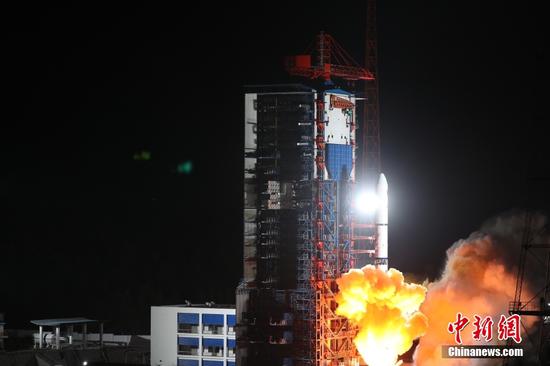
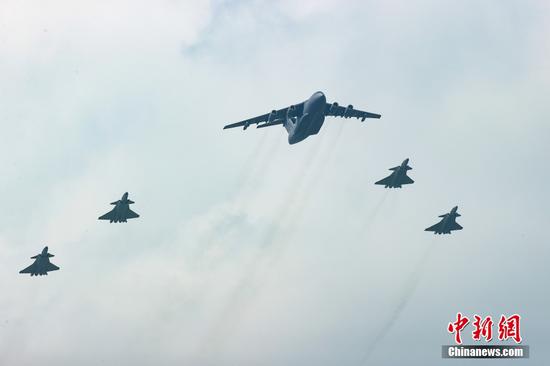
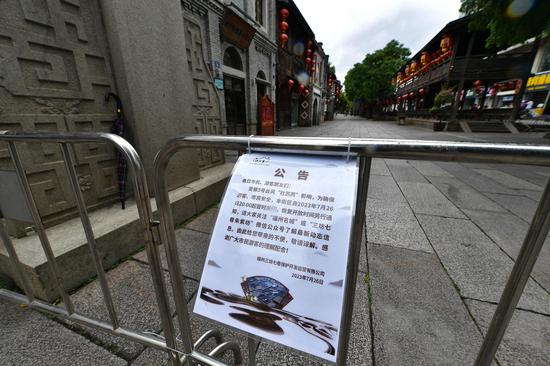













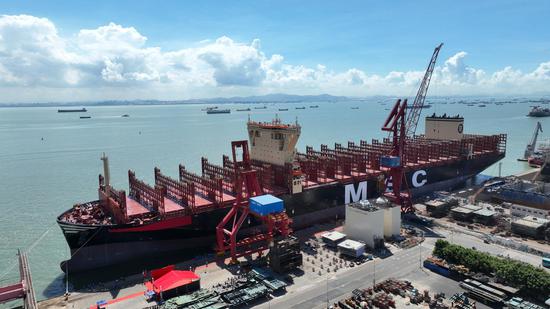




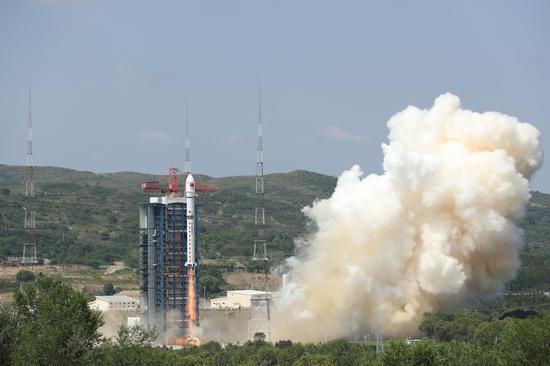

















 京公网安备 11010202009201号
京公网安备 11010202009201号